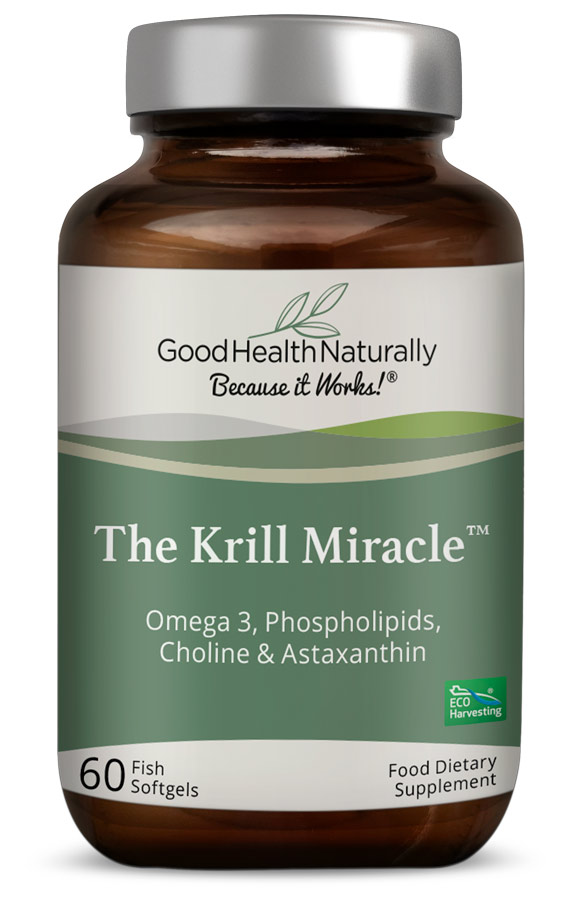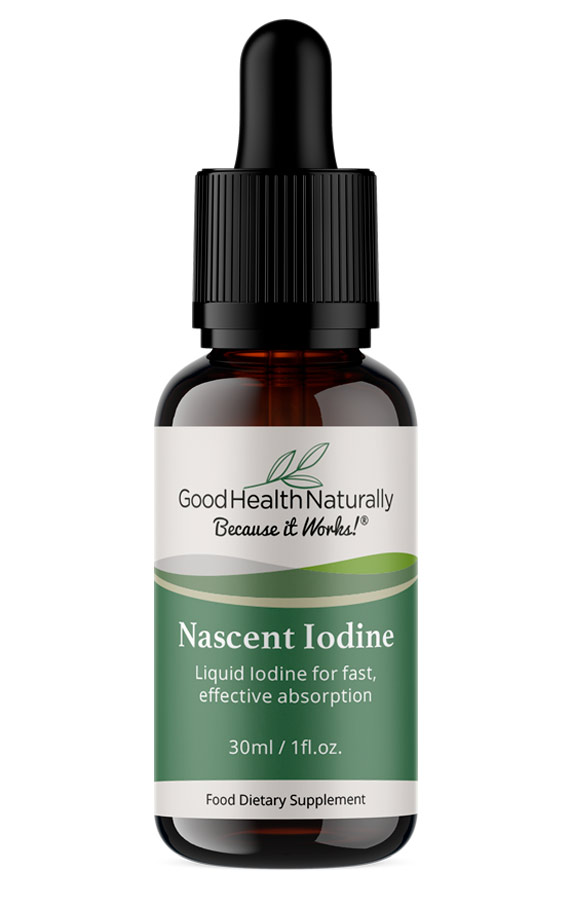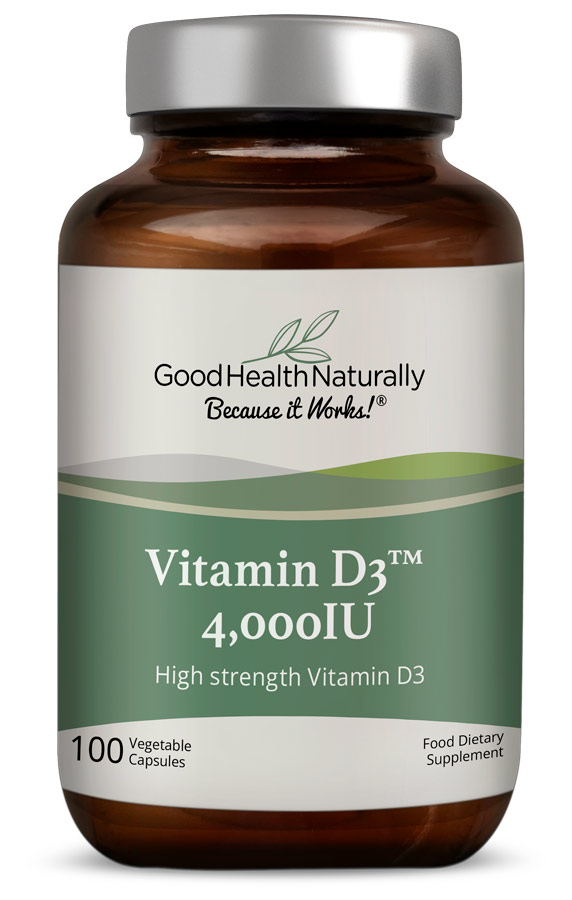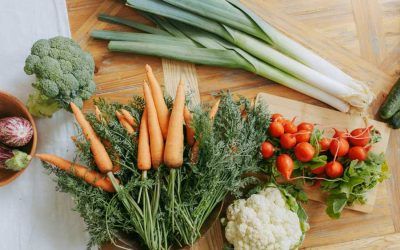The Story of The Blues
Every year, the third Monday of January is dubbed ‘Blue Monday.’ It is theorised that this is the most miserable day of the year because the weather is cold, we are financially strained after the holiday season and have probably already broken our New Year’s resolutions to get fit, eat healthily and drink less alcohol.
So, if you are feeling low, read on for our tips on how to get your spark back.
Understanding ‘SAD’ Days
Some people notice when daylight hours are short, they start suffering from the ‘winter blues.’ Their mood is low, with feelings of lethargy, sadness, and a general lack of motivation. Seasonal Affective Disorder (SAD) is actually a form of depression. A key contributor is reduced exposure to natural light. Sunlight plays a crucial role in regulating the body’s circadian rhythm and the production of serotonin and melatonin, neurotransmitters which influence mood and sleep. Limited daylight can disrupt this delicate balance, contributing to the onset of depressive symptoms.
It is estimated one in six of us will experience depression at some point in our lives, and it can have devastating effects. It can leave people unable to sleep, feeling disconnected from others and having suicidal thoughts. Therefore, we all need to look after our mental health. It is an ongoing challenge, which appears heightened for many around Blue Monday. We should consider our mental health to be as much of a priority as our physical health.
Diet and Lifestyle Tips to Support Winter Mental Wellbeing
Nourish Your Brain
In cold weather, we are tempted to reach out for comfort foods, which are often high in carbohydrates. Studies show a correlation between diets high in refined, processed carbohydrates and worsening symptoms of mood disorders, such as anxiety and depression. This is because starchy, sugary foods impair insulin regulation, disrupt blood sugar balance and may lead to sugar cravings, irritability, poor sleep and low mood.
We need to ensure the brain gets all the nutrients it needs by eating a diet rich in vegetables, low-sugar fruit, such as apples and berries, and healthy fats, including olive oil, coconut oil, avocados, nuts, seeds, fish and seafood.
Antioxidants from vegetables and fruit are vital, as the brain’s high metabolic rate makes it particularly susceptible to oxidative stress. Including plenty of sources of the feel-good amino acid tryptophan, such as eggs, tofu, legumes, salmon, nuts and seeds, may be beneficial.
The Mediterranean diet is perfect for supporting good mental wellbeing. It recommends eating plenty of vegetables, healthy fats, legumes, good quality meat, fish and seafood. Plus, cutting out or certainly reducing processed, refined, and unnaturally sugared foods. In fact, research shows the risk of depression was up to 35% lower in people eating the Mediterranean diet compared to the traditional “Western” diet. This is something to be aware of not only around Blue Monday but all year long.
Happy Microbes
More and more studies are highlighting the importance of digestive health for emotional wellness. Poor gut health can affect our resilience to stress. Therefore, it is essential to keep the microbiome happy with fermented foods such as kefir, sauerkraut, or kimchi, fibre, and prebiotic vegetables, including artichoke, leek, apple, garlic, and onion.
Keep Exercising
Despite the chill in the air, spending time in natural daylight is a potent antidote to Blue Monday. Connecting with nature has been shown to improve mood and enhance overall well-being.
Maintaining physical activity during winter is essential, as exercise is a powerful mood enhancer, releasing endorphins that act as natural antidepressants. While the colder weather may present challenges for outdoor activities, finding alternative indoor exercises, such as gym classes, indoor running or cycling, or home workouts, can help combat the sedentary tendencies often accompanying winter.
Socialise
Maintaining social connections is crucial for mental health, and spending time with friends and family can provide a sense of warmth and support during the colder months. This might include virtual gatherings, phone calls, or planning activities like walks or lunch, which bring people together.
Deep Mindful Breathing
Oxygen is one of the foundation blocks for good health, so improving breathing is critical. There are two types of breathing: anxious, shallow breathing in the chest, and relaxed breathing from the diaphragm. Chest breathing should only be temporary, as it is related to a fight-or-flight response. If it becomes the norm, the body will retain carbon dioxide and cortisol, and it may start affecting general health and immunity. Retraining the body to breathe in a relaxed, healthy manner will help clear them out.
Essential Nutrients for Blue Monday and Beyond
A paper published in the World Journal of Psychiatry in 2018 listed 12 important “antidepressant nutrients” for the prevention and treatment of anxiety and depressive disorders: folate, iron, omega-3 fatty acids, magnesium, potassium, selenium, vitamins A, B1, B6, B12, C, and zinc. It identified the following foods as the best sources: leafy greens, lettuce, peppers, cruciferous vegetables, seafood, and organ meats.
Magnesium
Magnesium is a mineral often referred to as nature’s relaxant. It can help relieve anxiety, tension and nervousness. However, most of us are deficient in magnesium. It is found in greens, nuts, seeds, dry beans and whole grains. Topical magnesium lotions and oils can also support intake and help promote sleep and relaxation at bedtime.
Iodine
Iodine is another essential mineral for mental well-being. We need it for the production of thyroid hormones. These hormones regulate many things in the body, including mood, energy, metabolism, growth, immune function, and brain performance. It is present in dairy products, seaweed, fish and beans. A deficiency may lead to anxiety, depression, weight gain and sluggishness.
Omega 3
This essential fatty acid helps regulate the neurotransmitters dopamine and serotonin, which have a calming and relaxing effect on the body. They also help reduce inflammation, preventing brain cell dysfunction, which can lead to the development of mental disorders like anxiety and depression. It is found in oily fish like salmon, mackerel, herring, sardines, plus nuts and seeds. Low levels have been linked to anxiety and depression. Therefore, be sure to include plenty of omega-3 rich foods in your diet this Blue Monday.
Vitamin D
It is generally accepted that everyone in the UK is at risk of vitamin D deficiency and could benefit from supplementation. We get most of our Vitamin D from sunlight. However, this is often in short supply in the winter. The brain is full of receptors for the sunshine vitamin, and studies show a deficiency may lead to low mood.
To conclude
As we face the challenge of Blue Monday, remember that the power to enhance our mental health and well-being lies in the choices we make each day. Understanding the factors which can contribute to winter blues and depression means we can adopt proactive strategies to nurture our mental health. From eating well to connecting with nature or deep breathing, there are myriad of ways to help maintain a positive mindset.
Product Recommendations
Please note: The product images represent the ongoing rebranding across Good Health Naturally range and may currently vary from actual stock.








